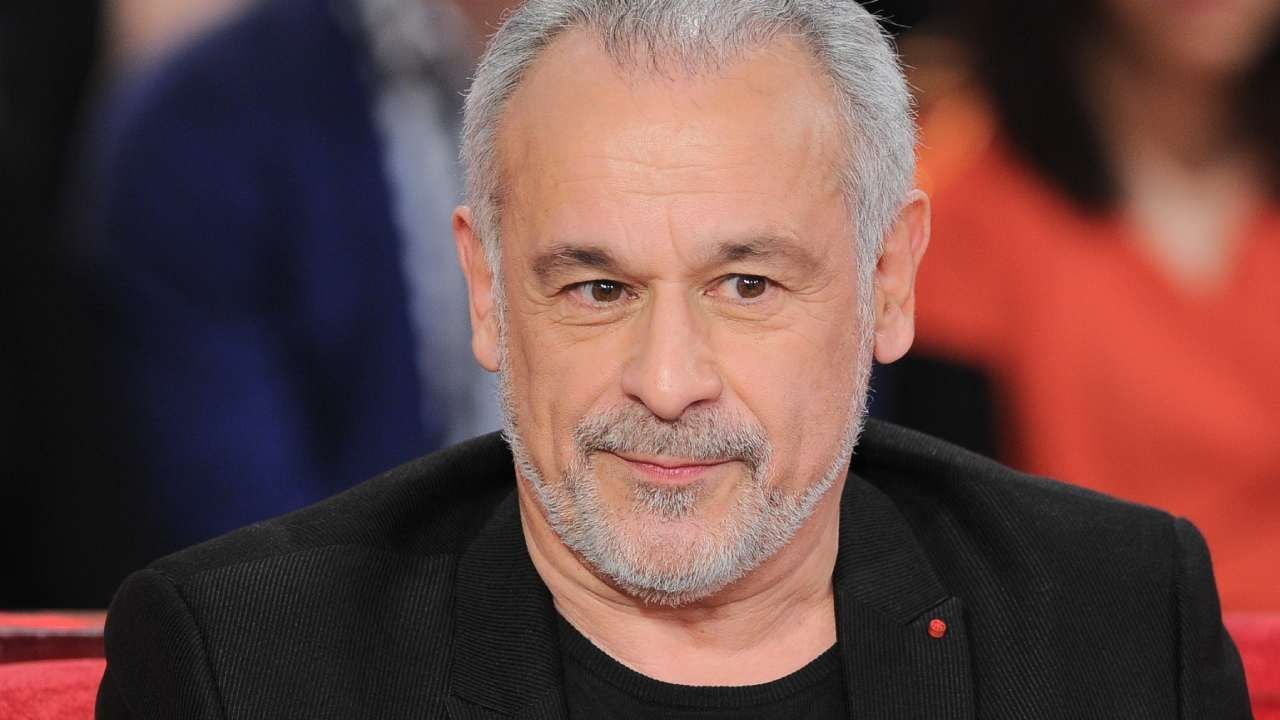
Hidden for several years, the testimony of prosecutor Roger Gunson, who dealt with the rape of a minor of Roman Polanski in 1977, confirmed that the case was marked by legal problems and illegality.
The details that attracted the most attention – in addition to the compelling descriptions of the crime – are the incompetence of Judge Laurence J. Rittenband, now deceased. Gunson said she tried to disqualify him from the misconduct case after seeing him soliciting information and opinions outside the normal judicial channels from “everywhere” and changing his mind after reaching an agreement with Polanski while in custody.
Under the original settlement, Polanski pleaded guilty in 1977 to a count of illegal sex with a 13-year-old girl. Rittenband sentenced him to spend 90 days in Chino State Prison for a diagnostic test before sentencing him. But the director was released after 42 days, causing a public outcry. The judge then backed down, according to Gunson’s testimony, saying he would send Polanski back to state prison.
For Gunson, qualifying the examination period as a sentence was already against the law. But even worse was the judge’s second decision, in the face of public disapproval, to revoke Polanski’s detention, adding a potential 6-month to 50-year sentence for the director, privately assuring the director’s lawyers that he would get Polanski out. of prison. after serving another 48 days.
Gunson also testified that Polanski’s treatment was surprisingly mild. He was only allowed to plead guilty to the mildest charge against him, evading a rape charge, allegedly to spare his 13-year-old victim probation from trial. His psychiatric examination was also shortened to spare him the perceived threats in Chino Prison and his detention officer, in an unusual decision, allowed him to leave three times to give interviews.
Despite this, Gunson said he understood Polanski’s decision to leave the country in 1978. “After reflecting on what happened, I was not surprised that he left,” he testified. “He wondered if he, Mr. Polanski, could trust Judge Rittenband’s word. If he was sent to state prison and not recalled by the judge, he could be there for 20 or 50 years,” Gunson testified. .
This controversy was already well known, as Gunson repeated all this in the 2008 documentary “Polanski: Wanted and Desired”.
Polanski himself argued for decades that he fled the country only after the original judge in the case threatened to ignore an agreement he reached with the court. He claims to have respected the agreement. But after his time in prison, the judge would deny the deal and tell prosecutors that he had decided to keep him in prison for up to 50 years.
It was only after this development that Polanski fled to France, from where he could not be extradited due to his citizenship. And there he continued to shoot and gain recognition in the film industry. He also won an Oscar for his work on him in “The Pianist” (2002).
Although Gunson provided this sworn testimony in 2010, the Los Angeles District Attorney’s Office blocked Polanski’s attorneys’ attempts to take the testimony to the public to confirm the director’s allegations. This has only now been overruled by an order of the Court of Appeals, serving two journalists interested in publishing the content.
The former prosecutor, now retired, also described at length the failed efforts over the years to resolve the case, including an attempt to resolve Polanski’s return to the United States in the 1990s, with the guarantee that it would not be. was arrested upon disembarkation. But even if Polanski said he was willing, the prosecutor always stopped him. According to Gunson, the Los Angeles District Attorney’s Office has always felt that Polanski should have turned himself in before making a deal, which never would have happened.
Source: Terra
Emily Jhon is a product and service reviewer at Gossipify, known for her honest evaluations and thorough analysis. With a background in marketing and consumer research, she offers valuable insights to readers. She has been writing for Gossipify for several years and has a degree in Marketing and Consumer Research from the University of Oxford.








